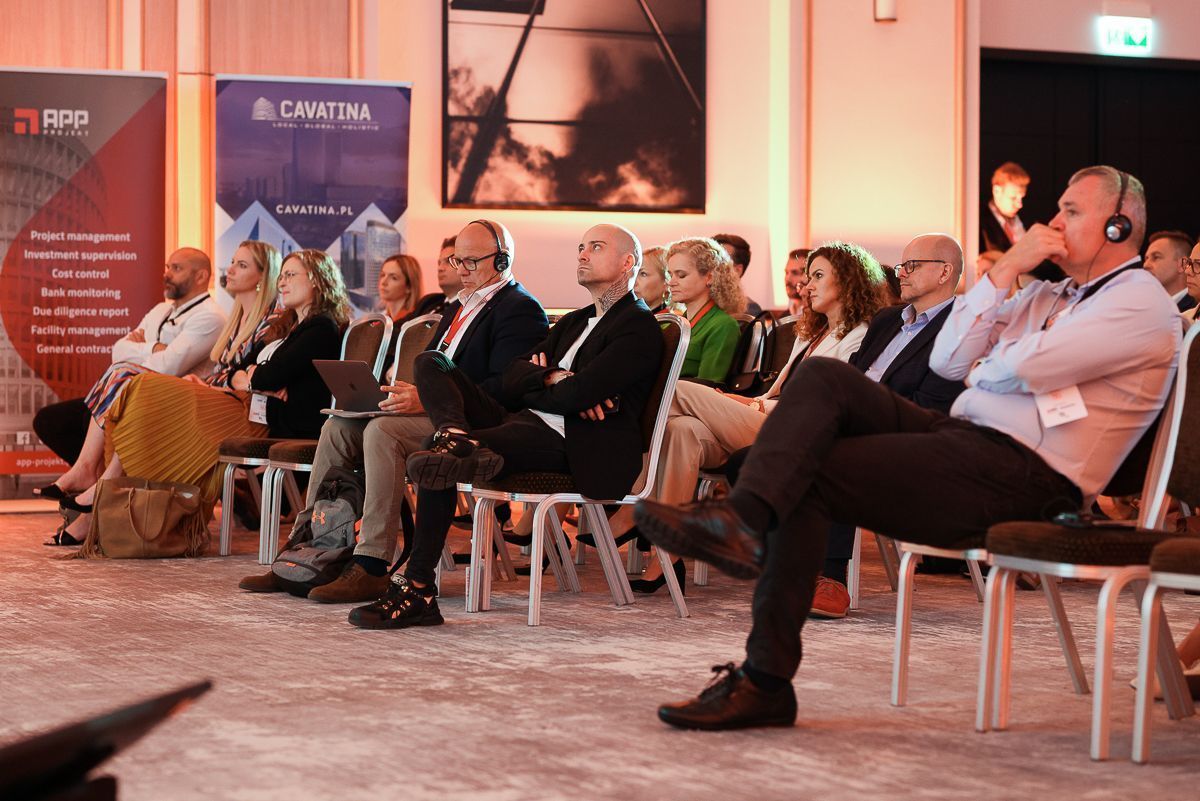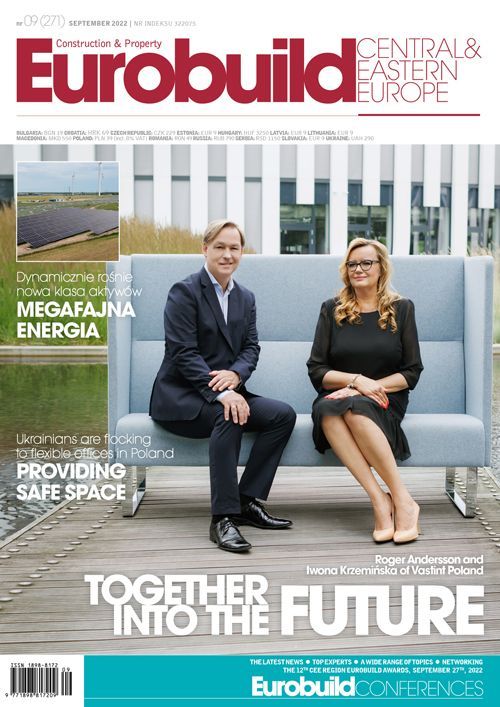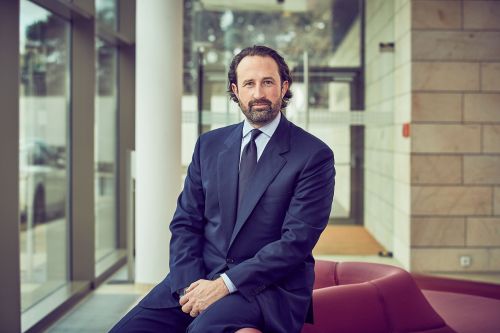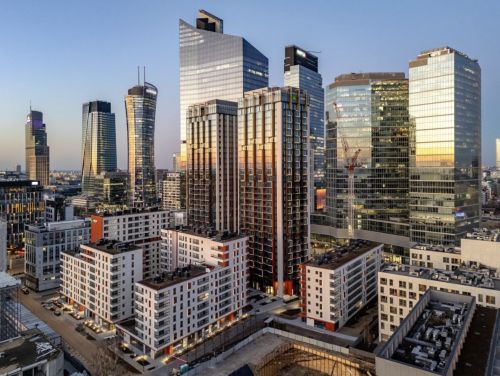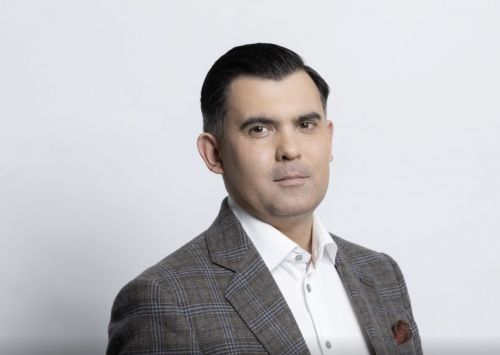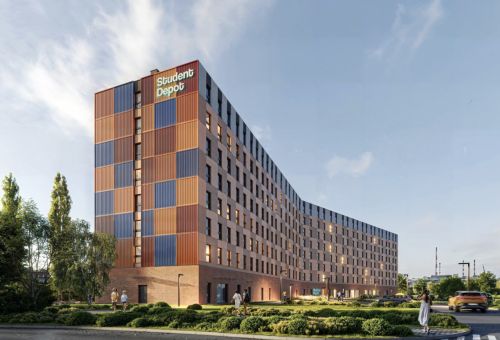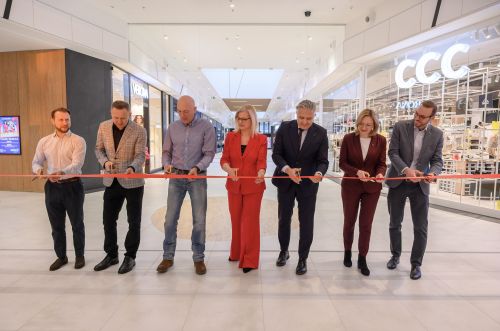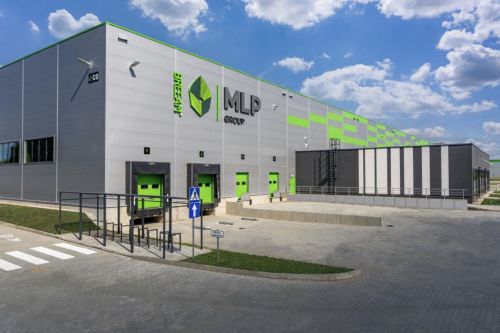After the guests had been welcomed to the conference by Anna Korólczyk-Lewandowska, the deputy editor of ‘Eurobuild CEE’, Andrzej Falkowski, the chair of the economic psychology and business department of SWPS University in Warsaw, took to the rostrum. During his presentation, on the pros and cons of remote working, he cited scientific studies that show that the initial satisfaction derived from working from home declines after around two months. He also voiced an opinion that came as a bit of a shock to some of the audience, by asserting that mixing the home and work environments is both absurd and unhealthy. [A longer interview with Prof. Falkowski appears in this issue – Ed.]
A discussion on the investment market then followed. The panel was moderated by Krzysztof Cipiur of Knight Frank, who kicked things off by drawing attention to the effects of rising inflation and the war in Ukraine on the appetite of office investors. “Recently, however, we have seen a
